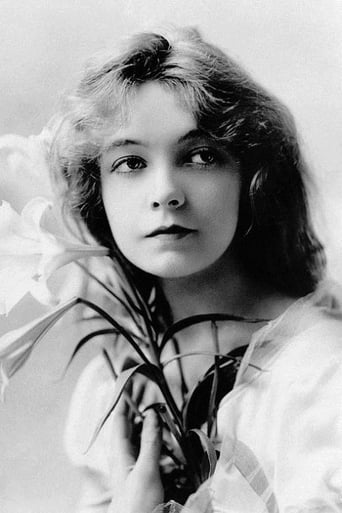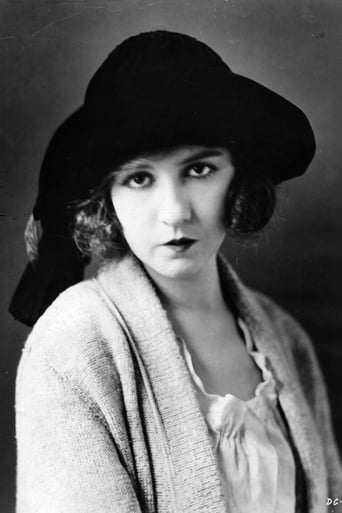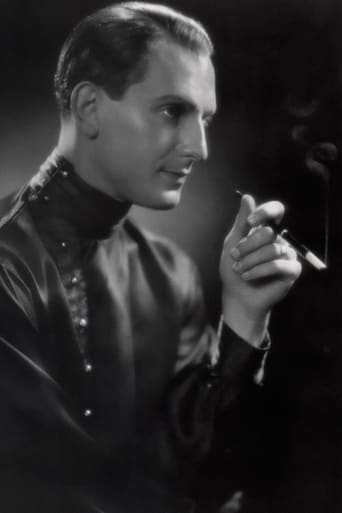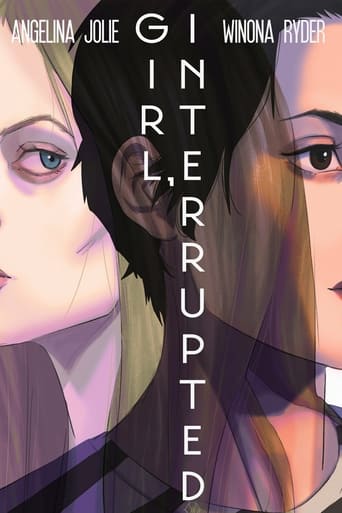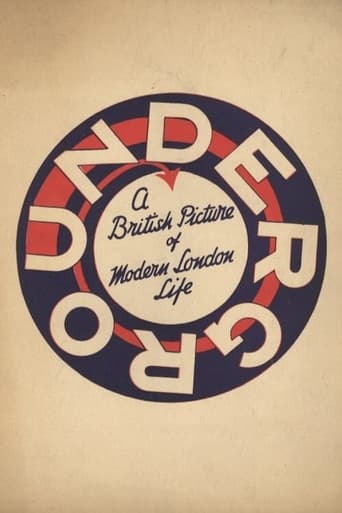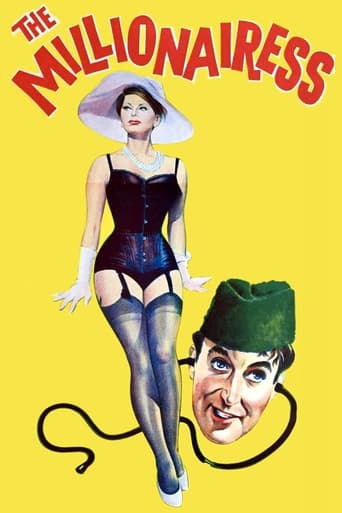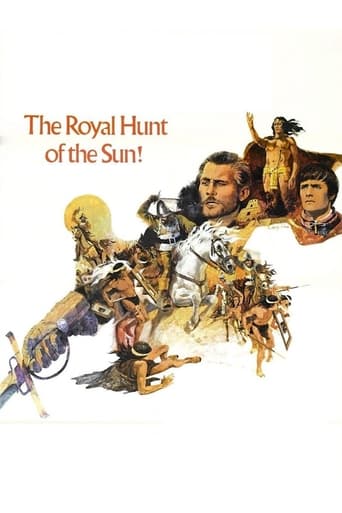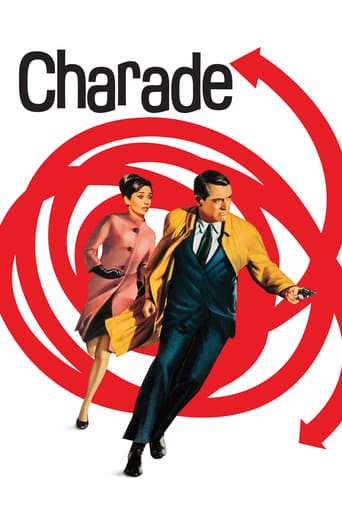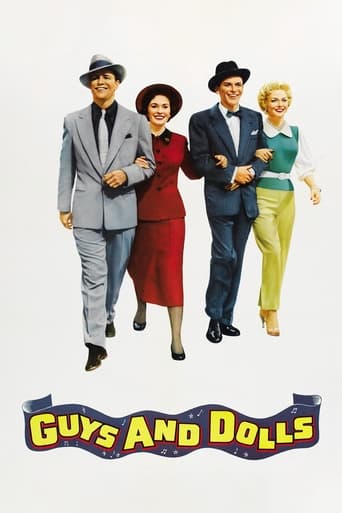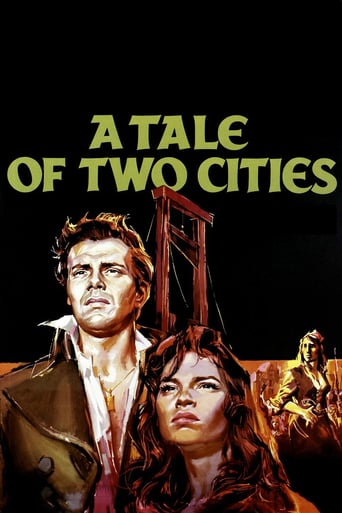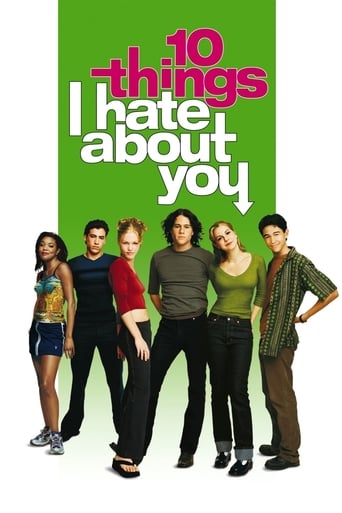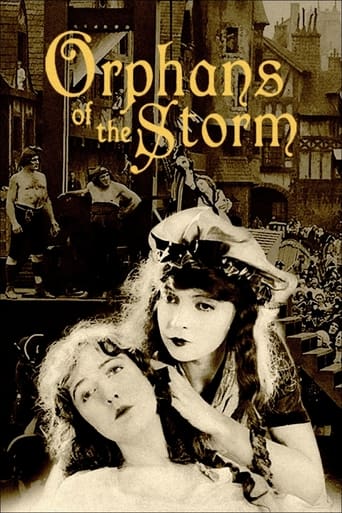
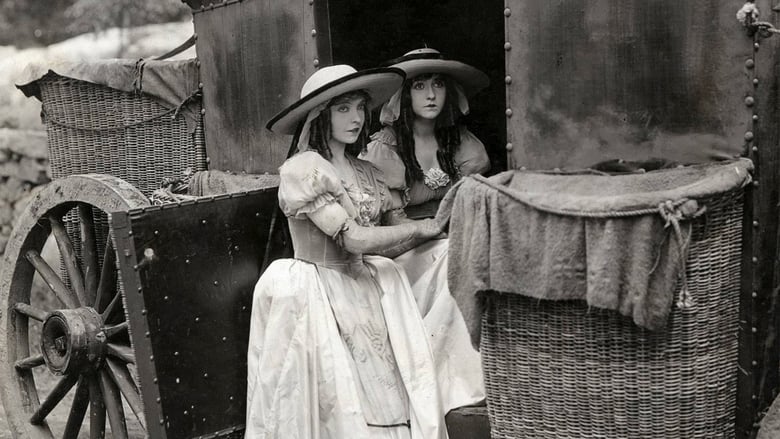
Orphans of the Storm (1921)
France, on the eve of the French Revolution. Henriette and Louise have been raised together as sisters. When the plague that takes their parents' lives causes Louise's blindness, they decide to travel to Paris in search of a cure, but they separate when a lustful aristocrat crosses their path.
Watch Trailer
Cast


Similar titles
Reviews
Sure, there is a bit of "camp" here, but overall, this is a movie that is a tour-de-force for the Gish sisters.I have accompanied on the piano silent movies since 1975. For this one I turned loose everything from Beethoven's Moonlight Sonata (movement one) to other highly- sentimental classical pieces (too numerous to name here).My Mom's grandmother adored this movie, and always carried a pocket full of handkerchiefs when she sallied out to see it.Spoiler: The town set used in this movie was the backdrop for the burning of Atlanta in "Gone with the Wind".
Orphans of the Storm is a controversial silent film from a very controversial director about a controversial topic. Set during the events of the French Revolution, the movie tells the story of two orphan sisters Henriette Girard (Lillian Gish) & Louise Girard (Dorothy Gish), who struggle to survive in extreme poverty France. As the events of the French Revolution, unfold, Louise goes blind from malnutrition, while Henriette is kidnapped by a lustful aristocrat. Could the two sisters find a way to reunite or would the trouble nation separate their love of each other, forever? Watch the movie to find out. Griffith often use the family theme in most of his major works. Families are often threatened, torn apart, reunited, destroyed, and created in his films. One can only guess at the motivations for this obsession with family from a man whose father died when he was ten, and who was never able to create a strong family relationship in his real life. D.W Griffith has often dealt with extreme depression, and abandoning issues with drinking. In many ways, the insolation from people in his own life, made D.W Griffith work harder to connect his films with the audience. You really do see it, here in this film. One of the greatest things, he did, was to set the events during the French Revolution rather than the pre-revolution Ancien Régime settlings of the original source material, the novel, 'The Two Orphans' written by Adolphe Philippe d'Ennery and Eugene Cormon. The events portray in the film really does mirror, what happens in Charles Dicken's novel, 'A Tale of Two Cities' and 'History of the French Revolution' by Thomas Carlyle in which D.W Griffith use as research. Still, there were some historical inaccurate, like how they portray revolution leader, George Danton. Widely disputed amongst many historians, Danton is a controversial figure that was often portray as an Abraham Lincoln type character. In truth, George Danton was not much a benevolent aristocrat, but a power hungry ruthless politician. In many ways, he was just as bad as Maximilien de Robespierre. Danton voted for the death of King Louis XVI and often agree with the tactics of the Reign of Terror which is clearly facts. It's twisted and distorted almost beyond recognition from honest truth. D.W Griffith often use the French Revolution as a metaphor of the Bolshevism Red October Revolution of 1917. On that note: While one could make a very broad connection, in terms of Bolsheviks being primarily of working-class membership and Robespierre being portray like a Stalin like figure. Still, there are huge different between the First French Republic and early Soviet Union. Both can be viewed as communism doctrine nations, but its modern form, communism grew out of the socialist movement of 19th-century Europe due to Industrial Revolution advanced technology. Socialist critics blamed capitalism for the misery of the proletariat—a new class of urban factory workers who labored under often-hazardous conditions. In a way, it's nice to see D.W Griffith tackle an issue like that, at the same time, show the early paranoia of America has toward Communism. Another thing that Griffith did well is create a narrative film; when most films of the time had little to no direction. The acting under his direction is amazing for the most part. Lillian Gish and Dorothy Gish are just beautiful. You see the emotional and physical suffering, both were able to portray during all the great close ups in the film. They do overdone the whole love thing, as it seem more incestuous lesbians than sisterhood. The supporting cast was just as good, with the rumbustious performance of Lucille La Verne as the female Fagan, and the strong portrayal of Danton by Monte Blue. Seeing how it's a silent film, they do kinda over act a bit, by overdoing their body language. It's get kinda goofy at times. Trying to outshine the German films being import at the time, the production values of this movie was epic in scale. The sets, the costumes, and film value were great. Lots of violent scenes like a child getting run over. Also it did had a lot of sex for a silent film. In many ways, some people believe Orphans of the Storm was the last great success that D.W Griffith had. Orphans of the Storm did turned a modest profit, but nothing as spectacular as his previous film, 1920's Way Down East. Griffith needed a success of those proportions to sustain his production costs and the expense of maintaining his own studio, and sadly, it didn't. It got worst for D.W Griffith, as his love affair with his top star Lillian Gish got sour. Gish sick of the continuing rivalry with movie starlet, Carol Dempster for Griffith's affections, left him. The aftermath of the movie cause D.W Griffith to drink even more heavily in alcohol to the point that it cause him, his life in 1948 due to cerebral hemorrhage. A lot of critics love to hate this movie do to the fact that the director is D.W Griffith. People describe him as a drunken, self-pitying, racist escapist, who egomania try to get his way. A lot of modern people love to hate his films, due to the change in attitude toward race. In 1915, D.W Griffith directed a film that would forever taint entire oeuvre and prevents any kind of objective analysis of his films with 'Birth of a Nation'. It got so bad, that in 1999, the Screen Directors' Guild removed his name from their lifetime achievement award. While, I don't agree with all of D.W Griffith's opinions. He's a very ignorant man who happened to be good at directing. He deserve more credit. Overall: While, the movie is indeed aged with some bad editing and dirt. It's watchable. This film is in the public domain and may be viewed in its entirety at YouTube. It's not hard to find. Check it out if you want to.
From director D.W. Griffith (The Birth of a Nation), this silent film featured near the beginning of the book 1001 Movies You Must See Before You Die, and I was looking forward to seeing what it was about. Basically stepsisters Henriette Girard (Lillian Gish) and Louise Girard (Dorothy Gish) were less alone after the loss of the parents who looked after them, Louise being abandoned by her true birth mother and found on a staircase, and the sisters have grown up as orphans. It is the time before the French Revolution, and Louise has become blind, Henriette vows to take care of her, until the possibility that somewhere in Paris there may be a cure. Marquis De Praille (Morgan Wallace) is the lusting aristocrat, who kills the child of Jacques-Forget-Not (Leslie King), and he has Henriette abducted as he is besotted with her virginal beauty. While Louise is left helpless and alone, she is kidnapped by Mother Frochard (Lucille La Verne) and forced to help make the old hag the money that she lusts for, the old woman is using her blindness and vulnerability for profit. Chevalier De Vaudrey (Joseph Schildkraut) is the honourable aristocrat who helps Henriette escape her abduction, and he kills De Praille in a duel, but together the two of them cannot seem to find her stepsister. While renting in the house of the aristocrat, she meets Danton (Monte Blue), a politician she allows to stay with her after he got away from an attack by Royalist spies, and he falls for her, which his revolutionary friend Robespierre (Sidney Herbert) isn't approving of. While Louise continues having to beg, Henriette is proposed to by De Vaudrey, which she turns down, but he promises her that her sister will be found, and when King Louis XVI (Lee Kohlmar) finds out about his choice of wife, he orders that she be arrested. While Chevalier is sent away, and before the police come for her, Henriette is visited by Cheavalier's Aunt, who remembers from Henriette's discussion of her missing sister that she is the baby that she abandoned on a staircase. At the same moment Louise is singing and begging blindly down the street near the house, with Frochard nearby, and Henriette overhears and calls from the balcony to her sister, and that is when the blind sister is dragged away, and the other is arrested. At the same time as Louise being forced to continue begging, The French Revolution starts, with cannons firing and men charging with swords, with many people dying in the battle, and prisoners, including Henriette, being freed from captivity. Henriette and Chevalier, with Louise listening, are sentenced to be executed on the guillotine by Robespierre and Forget-not, but they are saved by Danton after getting them a pardon, saying that only Louise's sister can look after her. In the end the two orphans are finally reunited, Louise is happy to have her eye sight restored and see her sister Henriette, and the France has a better Republic formed. Also starring Frank Losee as Count De Linieres, Katherine Emmet as Countess De Linieres, Sheldon Lewis as Jacques Frochard and Frank Puglia as Pierre Frochard. Having seen The Artist I was keen to see many more great silent films, and I don't know why this film isn't considered more of a masterpiece, i.e. five stars out of five, because it does really draw you in with its absorbing material and a magnificently emotional story, it is a fantastic silent period melodrama. Very good!
This film demonstrates Griffith's genius in creating a massive scale and in linking disparate plot elements. By 1921, however, some of Griffith's innovations had become mere mannerisms, particularly the cross-cutting that leads to his climax, as introduced in "Birth of a Nation" and used, with powerful effect, in "Hearts of the World." The cross-cutting at the end of "Orphans" goes on much too long. Lillian Gish must have grown old staring down into the basket. Some techniques -- a blank screen followed by a face (memory) and a narrow focus on a face (point of view), for example, are still effective. I know that over-elaboration is a staple of the silent screen, but at times, it is over-the-top here. Constrast, for example, the more subtle approach of an actor like Alice Terry. Danton did argue for moderation, once he believed that the Revolution had succeeded. His oration in this film is, like much of it, simply unbelievable. The idyllic ending also strains credulity. How did this particular group of aristocrats escape the blade and retire to a country estate?


